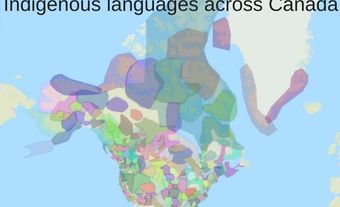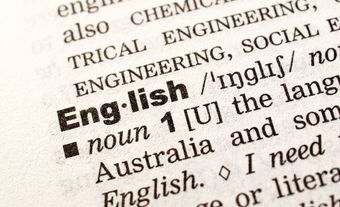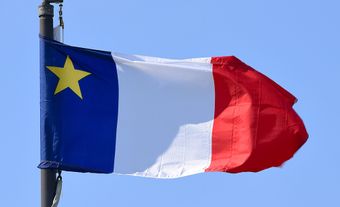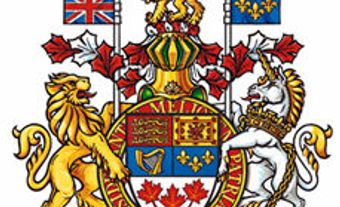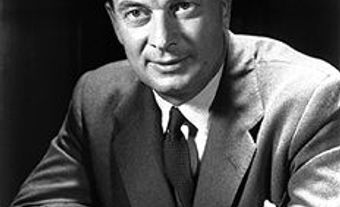In Canada, “allophone” is a term that describes a person who has a first language that is not English or French. According to the 2021 census, over 9 million Canadians had a mother tongue other than English or French (see Immigrant Languages in Canada; Indigenous Languages in Canada).
Overview
English and French are Canada’s two official languages (see Official Languages Act (1969); Official Languages Act (1988)). There are around 70 distinct Indigenous languages in Canada. These languages fall into 12 separate language families and are traditionally spoken by First Nations, Métis people and the Inuit.
Most allophones in Canada have a working knowledge of one of Canada’s two official languages, but may otherwise think, speak, read and/or write in one of the 140 or so immigrant languages spoken in the country.
Many allophones are immigrants or the children of immigrants, but not all allophones are immigrants (see Immigration in Canada). There are many long-established cultural communities across Canada with mother tongues that are not French, English or an Indigenous language. Their members may be considered, but may not necessarily self-identify, as allophone.
What Does “Allophone” Mean?
In the field of linguistics, the word allophone means “other sound.” It is used to describe when a phoneme (the smallest unit of sound in speech) sounds slightly different depending on how it is used in a word. In Canada, this idea of “other sound” is applied to the notion of languages other than French or English.
Who Uses the Term “Allophone” and How Is It Used?
The terms anglophone, francophone and allophone are often used in Canada to describe three broad linguistic groups. Allophone is an official term used by the federal government as well as the Commissioner of Official Languages. In Quebec, one early use of the term allophone can be found in the report of the Gendron Commission of 1968–72, which studied the status of the French language and French-language rights in Quebec.

 Share on Facebook
Share on Facebook Share on X
Share on X Share by Email
Share by Email Share on Google Classroom
Share on Google Classroom
